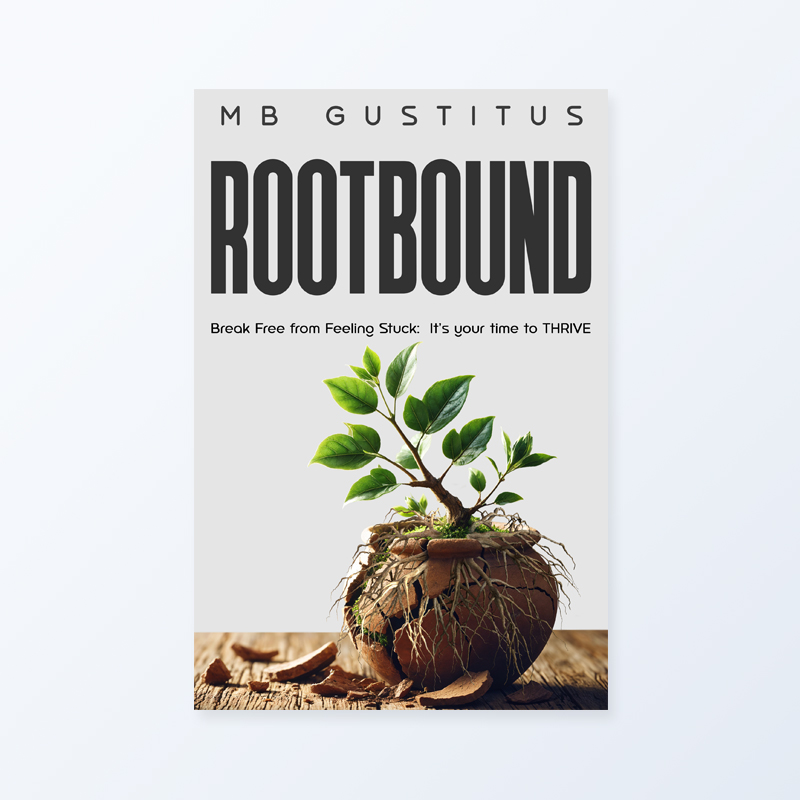You’re Stronger Than You Think (Science Says So) How Overestimating Pain Keeps Us Playing Small—and How to Flip the Script
Have you ever hesitated to take a risk because you were afraid of how bad it might feel if it didn’t work out?
Maybe it’s leaving a job. Ending a relationship. Launching that dream business.
And your brain whispers, “But what if it all goes wrong?”
Yeah… welcome to impact bias.
Impact bias is a fancy psychology term that means this:
We overestimate how bad we’ll feel after something “bad” happens, and we underestimate how fast we’ll bounce back.
Researchers have been studying this for decades, and spoiler alert?
We’re terrible at predicting our own resilience.
Like, hilariously bad.
The Research That’ll Blow Your Mind (and Maybe Set You Free)
✅ Eastwick et al. (2008) looked at people going through breakups. Beforehand, they swore they’d be devastated forever.
Spoiler: They bounced back way faster than they thought—many even reported feeling relieved or stronger within weeks.
✅ Levine et al. (2012) found the same thing with people imagining job loss or rejection. We build up the fear in our minds—but when the moment actually comes?
We handle it. Like champs.
✅ Dunn et al. (2003) took it even further. They found that people who imagined negative events expected long-term distress… but those who lived those events recovered way more quickly and felt more growth than anticipated.
Translation?
We fear the fall more than the impact.
But when we actually “fall”? We’re more resilient, more resourceful, and more capable than we gave ourselves credit for.
So what’s the cost of this mental mistake?
We stay stuck.
We settle for “fine.”
We play it safe… not because we aren’t brave, but because we believe the lie that failure will break us.
3 Strategies to Outwit Impact Bias and Go After What You Really Want
1. Catch the Catastrophizing
The next time your brain says, “If this goes wrong, I’ll never recover,” ask:
“Really? Never? Or will I adapt—just like I always have?”
Interrupt the pattern with reality.
2. Call in the Evidence
Think back: What’s something hard you’ve already been through?
You survived it. Probably even grew from it.
Write down those wins. You need those receipts when fear gets loud.
3. Get a Thought Partner (ahem… that’s me 😉)
Coaching helps you separate real risk from imaginary doom.
It’s where we challenge the stories, build a new belief system, and create momentum toward what actually matters to you—not what you’re avoiding.
Final Thought: Fear’s Loud, But Truth Is Louder
If no one’s told you lately, let me be the first:
You are wildly resilient.
Way more than you give yourself credit for.
And you can handle more than your fear wants you to believe.
Don’t let your brain’s outdated protection program stop you from going after the real dream.
I’m here to walk beside you when you decide to go for it.
Let’s do this.
— MB 💥





